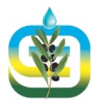Who is SMALLDERS
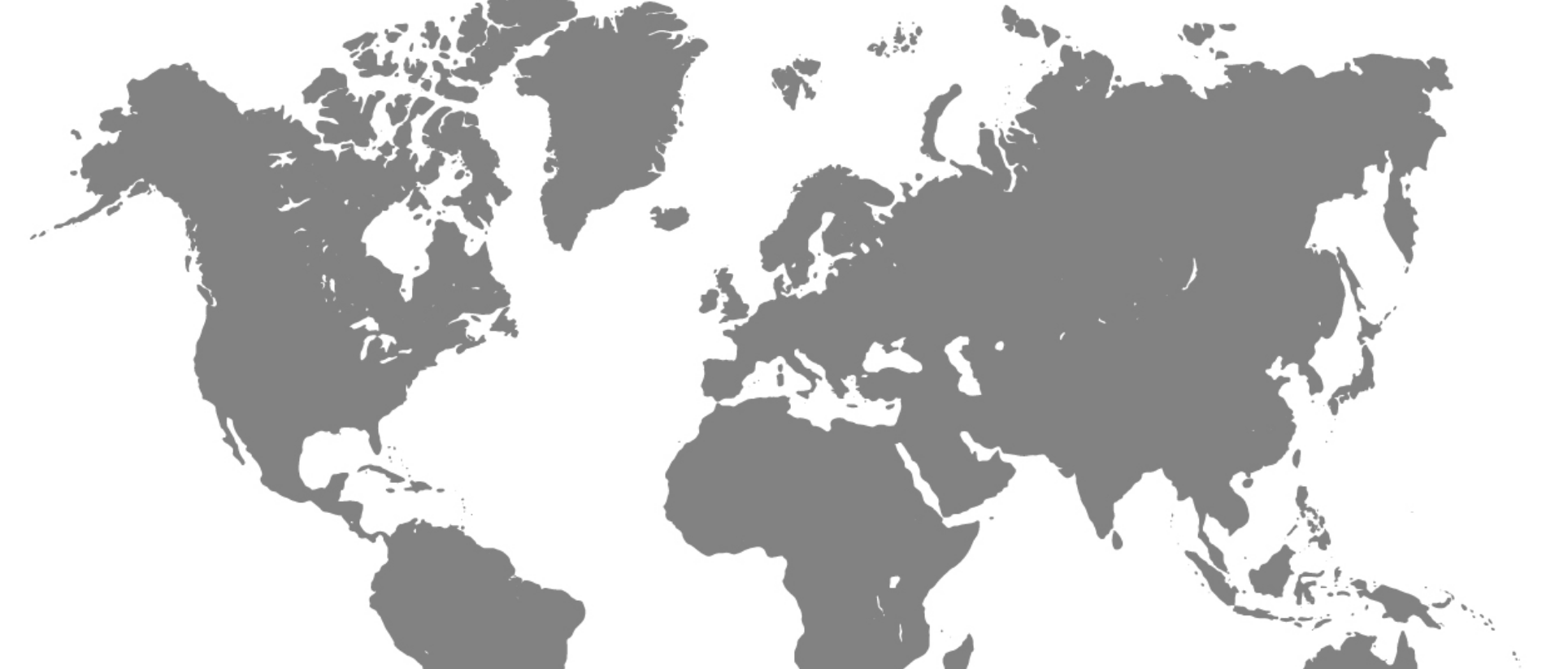
WHERE WE WORK
SMALLDERS AROUND THE WORLD
1-ITALY 
Two companies, who have provided support letters to the proje -ct, will be involved in the Italian testbed, that will be located in northern Italy. The biggest one (Ecornaturasì) is a company enro -lling more than 500 smallholders, which are specialized in biol -ogical agriculture. Inside the project, some of them will test sp -ecific sensors in order to trace the most important data about their production. A blockchain will be implemented to certify these data. A further small biological company (Azienda Stuard) will be involved in the project to test the sensors, implement the blockchain and finally to create a website for the online sale. Italian citizens will be interviewed about the improvement related to the experimental phase to evaluate to added value of this approach. A similar survey will be submitted to critical stakeholders and transport companies, to understand whether the blockchain is able to provide benefits also to these categories. Finally, Italian policy makers will be informed abo -ut the results of the project, with the aim to define possible standards for the procedure developed during the project.
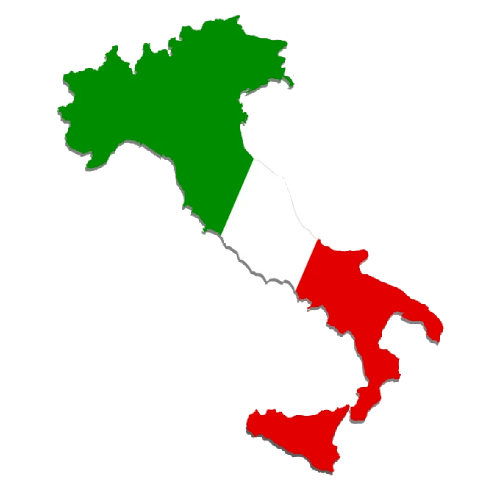

2-FRANCE 
Le Mas des Agriculteurs is a company that offers healthy products from local agriculture, in the south of France, without intermediaries. For taste, freshness and the environment, the company works from a network of 200 producers in the Gard department. Le Mas guarantees a fairer remuneration for the farmers with a coherent price for the consumer. The goal is to maintain a good price for all, and to eat well. The project will help Le Mas des Agriculteurs to maintain a strict charter that engages producers with customers.
Three essential points will constitute the objectives of this testbed:
- the farmers will commit to producing organically, or failing that, to implementing a true environmental approach. Thanks to the tool provided by SMALLDERS, the Farmers’ Club, more information will be exchanged between smallholders and producers.
- Priority is given to gustatory quality. The proximity of the store allows us to offer ripe products. Quality checks (sugar content, etc.) will be performed by an independent laboratory more easily based on data collected by IoT and smart devices.
- The platform will offer more transparency and traceability behind the products, women and men will be better involved through web apps on smartphones and tablets.
3-SPAIN 
The case study to be developed within the framework of the SMALLDERS project is dedicated to the Fruit Growers Association from Extremadura (AFUREX, Asociación de Fruticultores de Extremadura, https://afruex.com). AFRUEX is a professional grouping which includes 90% of fruit growers in Extremadura. It has 60 direct members who aggregate a group of more than 5,000 fresh fruit growers, all of whom are united with the aim of organizing and developing the fruit growing sector in Extremadura, as well as promoting quality production that respects the ecological balance. AFRUEX brings together more than 14 fruit and vegetable producers’ organizations, cooperatives, agricultural transformation companies and other social forms, until there are more than 30 Fruit and Vegetable Centrals. Nowadays, AFRUEX brings together among its members a global annual production of more than 285,000 tonnes of fresh fruit (plums, cherries, nectarines, peaches, pears, quinces, apricots, and persimmons, among others) and dried fruit. With these production volumes, fruit growing continues to be the largest generator of agricultural employment in Extremadura, which contributes to the development of rural areas and the fixation of population in them. In short, fruit growing is a very important sector for the economy in our region, especially, in these difficult years of pandemic, but with great challenges that will be overcome by joining wills and efforts. The association AFRUEX is interested in the SMALLDERS project as its objectives are aligned with their own goals, and can be considered as a useful testbed for testing the objectives and functionalities set out in the SMALLDERS platform. Expressions of interest from AFRUEx and Regional Government of Extremadura supporting the goals and activities of SMALLDERS projects are attached to this submission.
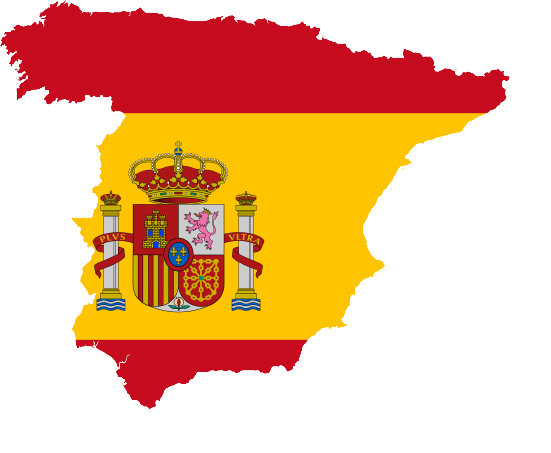
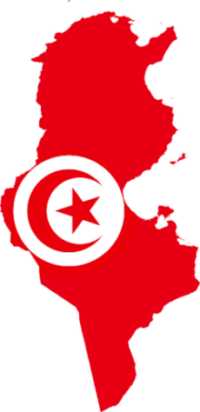
4-TUNISIA 
The overall typology of agriculture in Tunisia can be specified by geographic area: north (Bizerte, Tunis, Cap Bon, etc.), center (Sousse, Sfax, Kairouan, ect) and south (Gafsa, Gassrine, ect). The case study which will be developed within the framework of the SMALLDERS project is dedicated to the north-east of Tunisia, more precisely the area known as “Cap Bon”. More precisely, our study area is defined from Hammamet to Béni Kiar and from Maamoura to Kélibia. This area is well known for its variety on different levels. It is an urban agriculture region; this one is ranked first for citrus production in the country with 70% of the country’s total production. This area has a large number of smallholders and among which there are family farming’s. The fields of activity of these smallholders in this region are varied. Indeed, these smallholders generally do in cattle and sheep breeding with a number of animals ranging from 5 to 15. It is possible to find smallholders in this region with a variety of crops such as market gardening, citrus crops and there are also some vegetables and fruits. Moreover, the processing of products is rarely carried out. In most cases, the farmer distributes his products and then will be sold on the markets or will be processed by the manufacturer to finally sell the products in small and large distributions. There is no direct contact of the smallholders with the citizen and also the critical stakeholders. The smallholder uses the same Freight Transport Companies already known by different farmers in the neighborhood. The relationship of agriculture with policy makers is a door-to-door type. The contact between these two actors is seldom and not irregular


